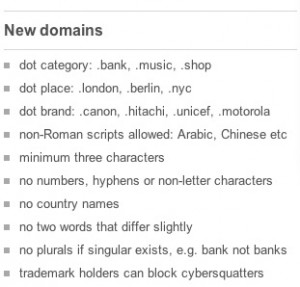Recently read from Wendy Shao’s Blog, BC transit is finally going to set to work the Evergreen Line. Personally, I am “a part of the commuting group” as well.
Increasing a 2 cent price on oil is a fairly recognizable amount depending on how much you are adding to your car. Nonetheless, the benefit that the society gains is valued more than the cost of providing the benefit.
Building Public Transit is an effective way to boost the economy. More construction workers will be needed, materials will need to be supplied, and many industries will get involved.
Ultimately, transit will bring great convenience to the public, even if you do own a car. For example, with Vancouver’s snow-shoving system being “not so efficient” compared to cities that get heavy snow precipitation every year, public transit is the best alternative when you cannot drive your car further than your driveway.
Even though the plan was passed, there are still many disagreeing voices, as Wendy had written, “Burnaby, Richmond, North Vancouver, and Delta hold strong opposition to this plan…”. The problem now is how to convince those that do not use the transit as often.
Self-interest is the big issue!

 (Samsung Galaxy Tab 7.7)
(Samsung Galaxy Tab 7.7)